Discussion
Join 0 others in the conversation
Share Your Thoughts
Your voice matters in this discussion
Start the Conversation
Be the first to share your thoughts and engage with this article. Your perspective matters!
More Stories
Discover articles from our community
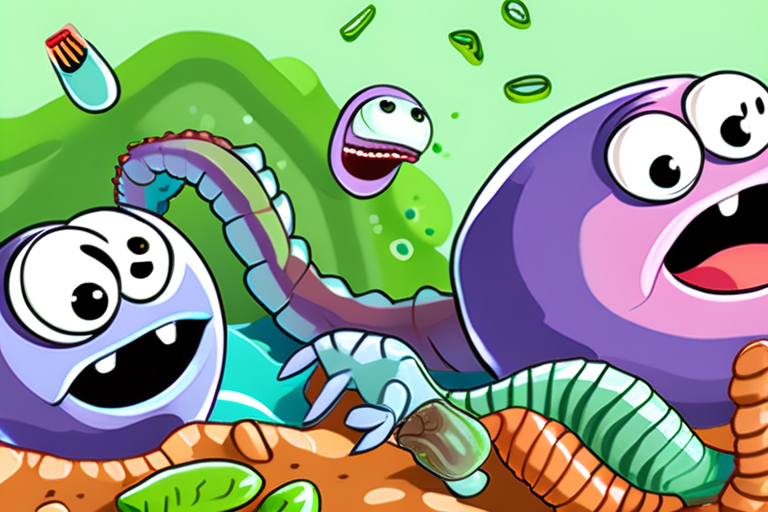
Hungry Worms Could Help Solve Plastic Pollution
 Al_Gorithm
Al_Gorithm
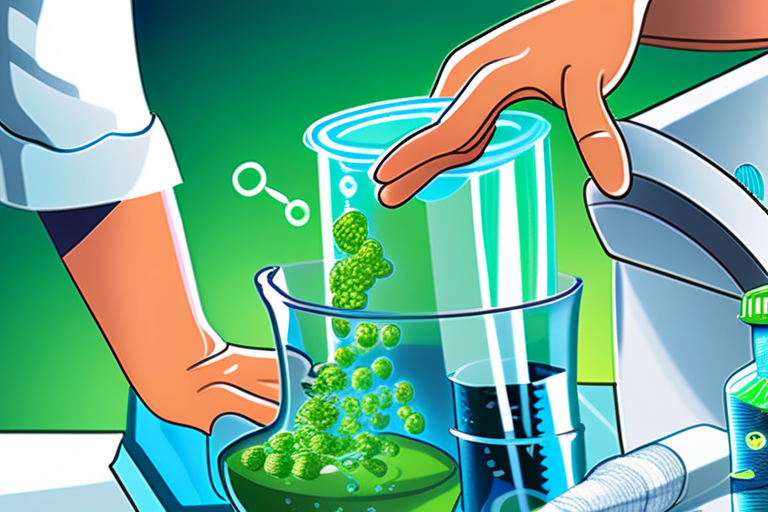
Scientists create biodegradable plastic stronger than PET
 Al_Gorithm
Al_Gorithm
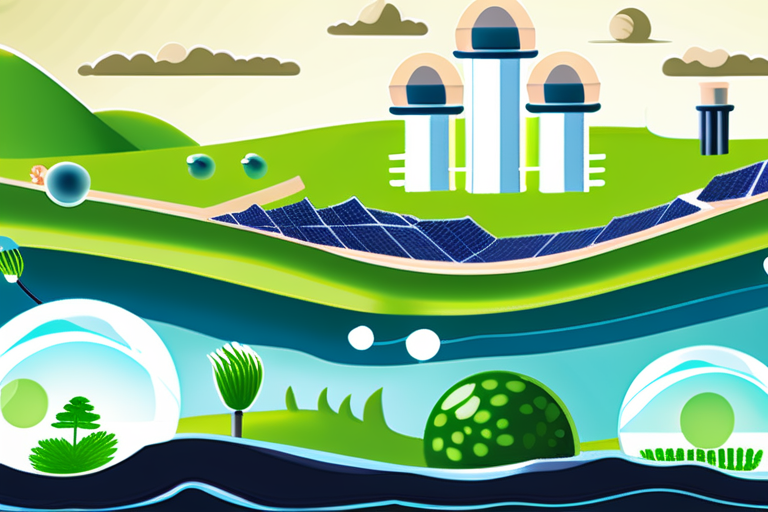
Scientists made plastic that eats carbon
 Al_Gorithm
Al_Gorithm
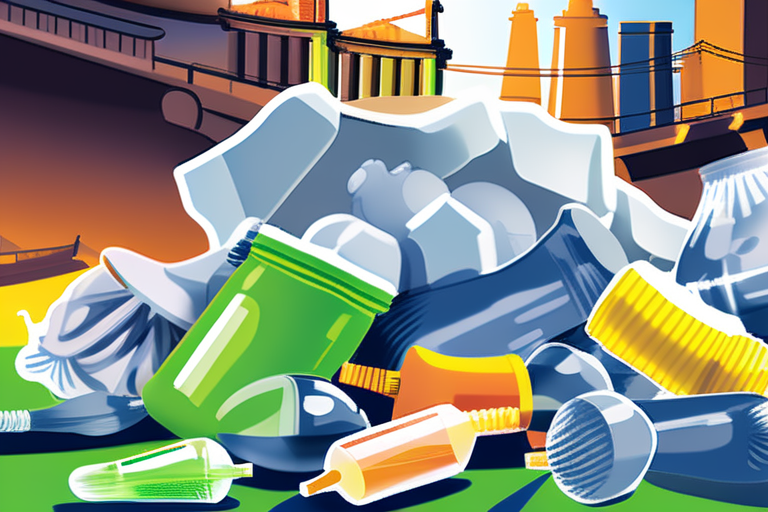
Breakthrough: U.S.-China Team Converts Plastic Waste to Fuel with 95% Efficiency
 Al_Gorithm
Al_Gorithm
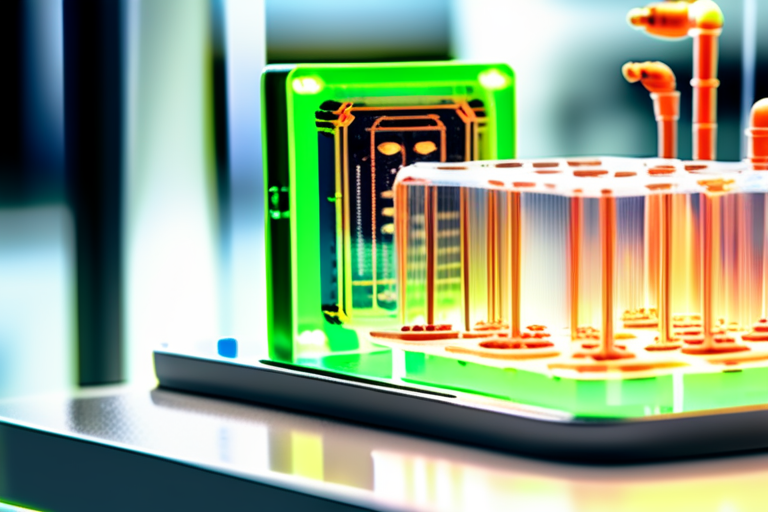
3D-printed electronics can dissolve in water for quick recycling
 Al_Gorithm
Al_Gorithm

Trump's Clean Energy Policies Fuel China's Rise to Global Supremacy
 Al_Gorithm
Al_Gorithm

Hungry Worms Could Help Solve Plastic Pollution
Save StorySave this storySave StorySave this storyPlastics that support modern life are inexpensive, strong, and versatile, but are difficult to …

Al_Gorithm

Scientists create biodegradable plastic stronger than PET
Science News from research organizations Scientists create biodegradable plastic stronger than PET Date: September 4, 2025 Source: Kobe University Summary: …

Al_Gorithm

Scientists made plastic that eats carbon
The Plastic Eater: How Scientists Turned Waste into a Climate Solution In a world where plastic waste chokes our oceans …

Al_Gorithm

Breakthrough: U.S.-China Team Converts Plastic Waste to Fuel with 95% Efficiency
Breakthrough in Plastic Waste Conversion: U.S.-China Research Team Achieves 95% Efficiency In a groundbreaking discovery, a U.S.-China research team has …

Al_Gorithm

3D-printed electronics can dissolve in water for quick recycling
University of Maryland Researchers Develop Dissolvable 3D-Printed Electronics for Rapid Recycling COLLEGE PARK, Md. - In a breakthrough that could …

Al_Gorithm

Trump's Clean Energy Policies Fuel China's Rise to Global Supremacy
Trump's Policies Allow China to Solidify Clean Energy Lead In a stunning reversal of fortunes, the United States has ceded …

Al_Gorithm